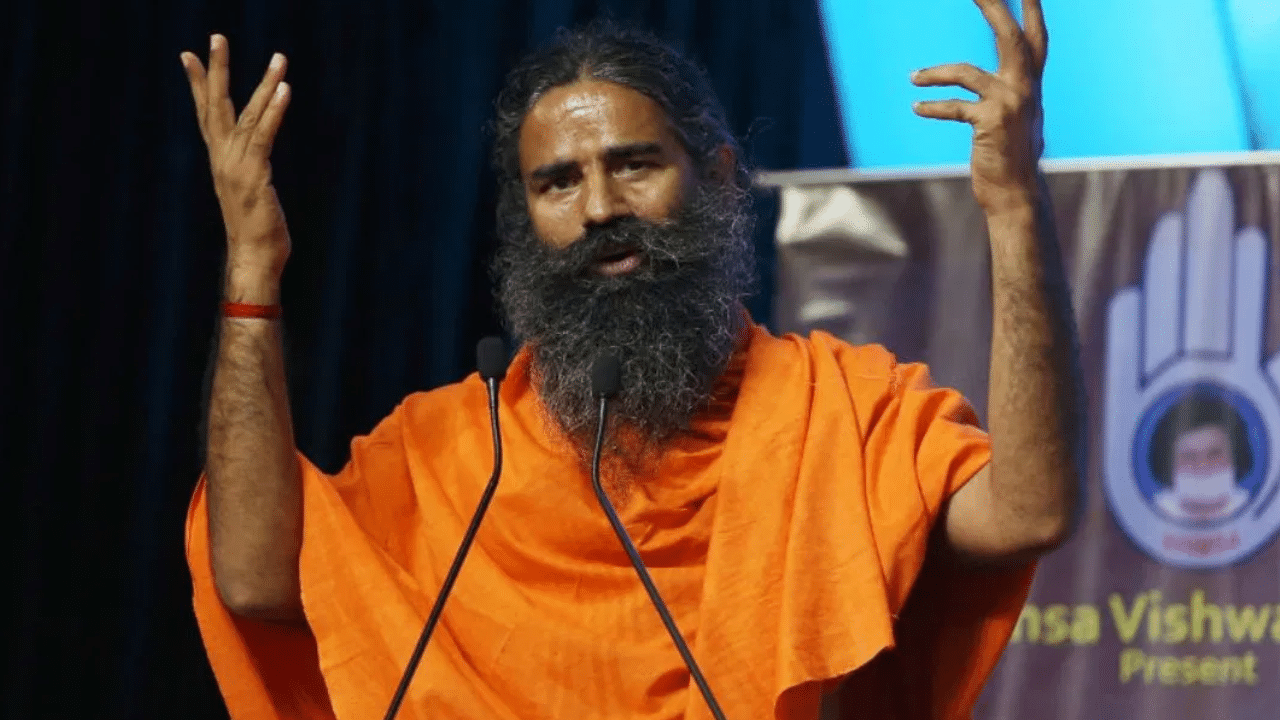New Delhi: Yoga guru and Patanjali co-founder Baba Ramdev has strongly criticized the economic policies of the United States, calling the high tariffs on imports “economic terrorism” and comparing them to a third world war in economic terms. His remarks come amid ongoing trade tensions between India and the US.
Talking about the tariffs, Ramdev said, “Tariffs are a form of terror. If there is a third world war after the Second World War, it is this economic war.” He empasised that the interests of poor and developing countries should be protected in global economic conflicts.
Swadeshi and self reliance
Ramdev described current US policies as imperialist and expansionist, controlled by a few powerful people. He warned that concentrating wealth and power in the hands of a few leads to inequality, injustice, exploitation, and conflict. He urged countries to focus on collaboration and inclusive growth, rather than letting a small group dominate global resources.
On addressing this “economic war,” Ramdev advocated the use of swadeshi products. He explained that swadeshi is not just about buying domestic goods, it represents self-reliance and the upliftment of every individual in society. He highlighted that great Indian thinkers like Maharshi Dayanand and Swami Vivekananda promoted the same idea of empowering all members of society.
US tariffs impact India
The controversy comes at a time when global protectionist policies are on the rise and countries are seeking self-reliance. In particular, the US has imposed 50 per cent tariffs on Indian imports, making it difficult for Indian products to compete in the American market.
India and the US are currently negotiating a trade deal, with reports suggesting India has agreed to reduce purchases of Russian oil. The Indian government, however, maintains that it will protect its energy independence and consumer interests, emphasizing that India’s import decisions are based on national priorities and diversification of energy sources.
Baba Ramdev’s statements underline the need for India to support local products, stay self-reliant, and protect its economic interests in this ongoing challenging global trade environment.
